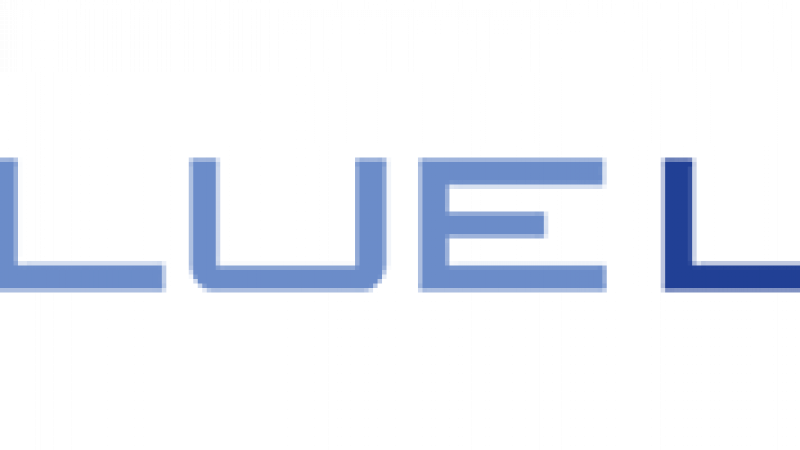In a world dominated by automation, Blue Line Battery has embraced the growth of technology in a way that avoids putting people and businesses at risk.
Whitewater-based Blue Line Battery leaders believe they have developed a disruptive lithium-ion battery technology system that will significantly improve business processes and replace lead acid batteries.
While lead acid batteries are the market standard in material handling, they are outdated, inefficient and are “just not cutting it anymore,” said Dustin Herte, the company’s founder and CEO.
Herte, who was recently listed by Forbes in its “30 under 30” list, founded Blue Line Battery Inc. in 2017. After originally selling only eBike batteries, Herte realized that the custom battery he designed offered even greater potential in the industrial market. From that point on, Blue Line started to design and manufacture more efficient lithium batteries for motive power equipment such as forklifts and pallet jacks.
Blue Line has 63 industrial customers operating 263 industrial batteries designed and produced by the company, according to the Forbes release. The company is developing a “power-by-the-hour” model.
Due to short charge cycles and short lifespans, lead acid batteries must be swapped out regularly. Because lead batteries weigh several thousand pounds, on average, this is not an easy or timely task for businesses to do. Furthermore, lead acid batteries are made up of toxic, flammable, and explosive substances that are a constant safety hazard and risk to the environment.
Blue Line’s Battery system offers a six-times longer lasting, lower maintenance, energy efficient, and environmentally friendly replacement for the outdated lead acid batteries used in material handling worldwide.
Herte noted that unlike most of Blue Line’s competitors, which are “four times the cost of lead-acid,” the company takes pride in its ability to design a product that closely resembles the price of lead-acid batteries.
Nonetheless, “the industrial sector tends to be resistant to adopting new, less understood technologies, even when they make economic sense,” Herte said.
But things may be changing. Kristen Holtan, chief science officer and marketing director of Blue Line Battery, said there has been a recent shift in the industry “away from the headaches associated with lead acid batteries.” Furthermore, despite the current saturation of outdated lead-acid batteries and the COVID-19 pandemic, Holtan claims the demand for lithium-ion batteries continues to increase rapidly.
While Blue Line hopes to continue to push ahead of its competitors and increase the shift away from lead acid products in the motive power field industry, which is worth $10 billion worldwide, Herte said the company has plans to expand into other large-scale markets. Those include UPS/backup, electric vehicles and solar energy.
As Blue Line works to develop new ideas and engineer new projects such as Battery as a Service (BaaS) and Modular Lithium-ion Cell technology, the goal is to continue to attract the attention of more outside investors, to drive the growth of the company and shed light on the solutions that their product can offer across the world today.
Blue Line Battery was one of 20 companies selected to present at the 2020 Wisconsin Early Stage Symposium. Holtan said the company will be raising $700,000 to close out a funding round. According to Holtan, the revenue will go towards working capital, UL testing and certification, and to build battery inventory and demonstration units.
-By Dani Rhodes
Rhodes is a student in the UW-Madison Department of Life Sciences Communication.



